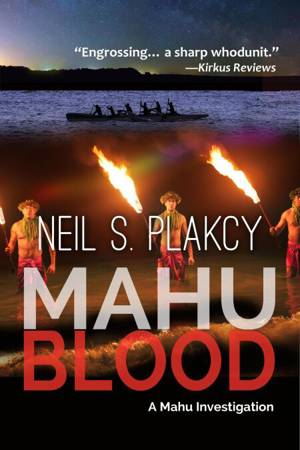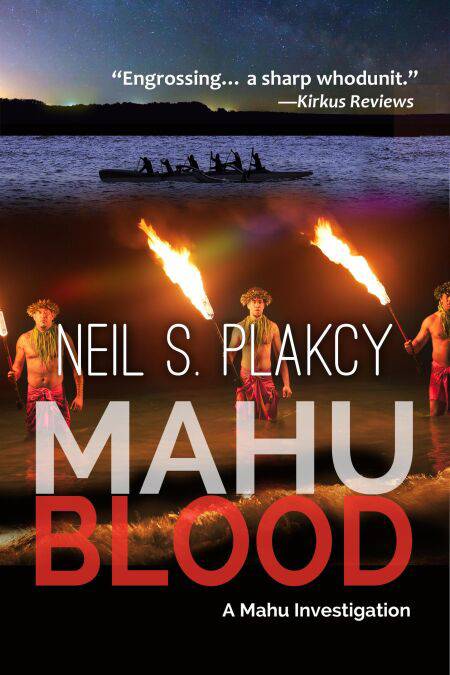
- Retrait gratuit dans votre magasin Club
- 7.000.000 titres dans notre catalogue
- Payer en toute sécurité
- Toujours un magasin près de chez vous
- Retrait gratuit dans votre magasin Club
- 7.000.0000 titres dans notre catalogue
- Payer en toute sécurité
- Toujours un magasin près de chez vous
Description
Openly gay Honolulu homicide detective Kimo Kanapa'aka and his partner, Ray Donne, are on duty at a rally in downtown Honolulu organized by Kingdom of Hawai'i, one of many competing groups which seek reparations from the US for the loss of land and independence. An elderly woman is shot dead there, only a few feet from where Kimo's mother and nephews are taking part in the demonstration, and Kimo and Ray take the case.
At the same time, Kimo's dealing with domestic difficulties, having just moved in with his partner, fire investigator Mike Riccardi. Since both are alpha males, the transition to shared living space isn't easy, especially because Mike's parents live next door.
As Kimo and Mike struggle to adapt to living together, they begin to forge their own ohana—a Hawaiian term which means family, as well as community. The theme of ohana resonates through both Kimo's personal life and his investigation of the murder as Kimo and Ray follow clues through a labyrinth of competing groups, uncovering a trail of gambling, money laundering, and mental illness.
The title refers both to the blood spilled in three murders, as well as the blood ties that link native Hawaiians to each other. People come together in many ways here—through native heritage and family ties as well as love and fellowship.
"Plakcy's storytelling is tight, flawlessly executed, eminently interesting and inspiring." George Seaton, Out in Print.
"Neil S. Plakcy's Mahu series is one of my favorites." Melanie M, reviewer at Joyfully Jay.
"To the mystery genre, Kimo Kanapa' aka is a refreshing tropical breeze." Janie Franz, MyShelf
Books in the Mahu series have reached the finalist stage for the Lambda Literary Awards as well as winning mystery fan awards and acclaim from mainstream publications such as Kirkus Reviews and Library Journal.
Spécifications
Parties prenantes
- Auteur(s) :
- Editeur:
Contenu
- Langue:
- Anglais
- Collection :
Caractéristiques
- EAN:
- 9781393176312
- Date de parution :
- 27-07-19
- Format:
- Ebook
- Protection digitale:
- /
- Format numérique:
- ePub

Les avis
Nous publions uniquement les avis qui respectent les conditions requises. Consultez nos conditions pour les avis.






